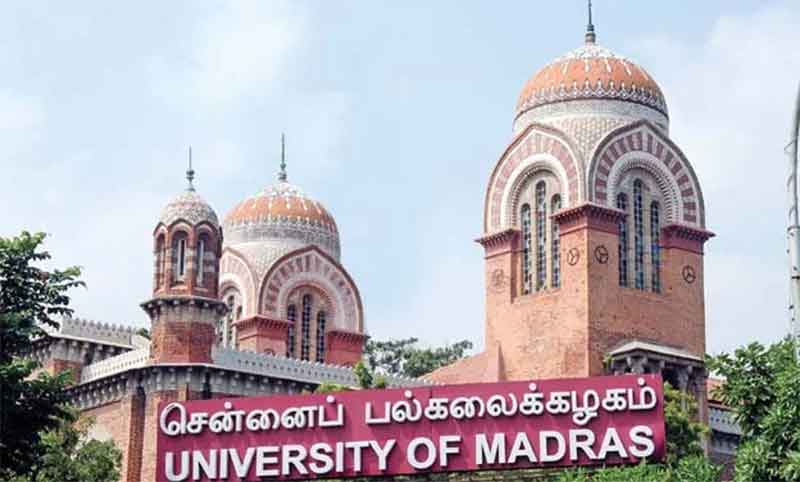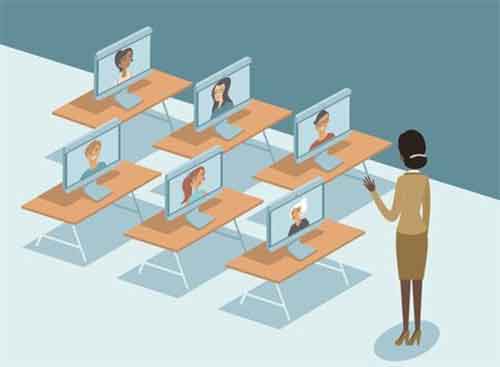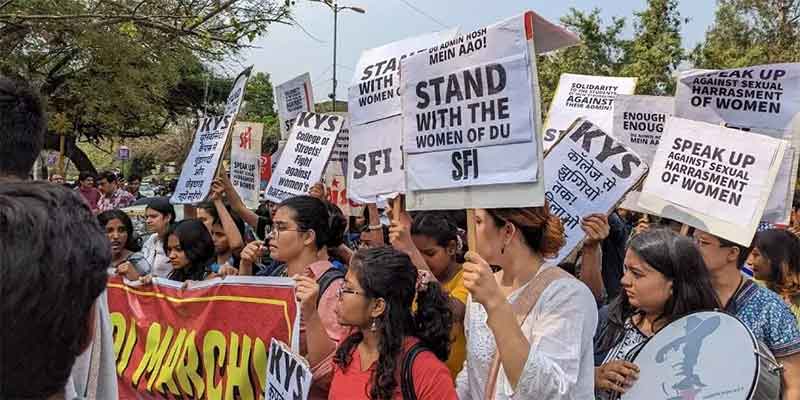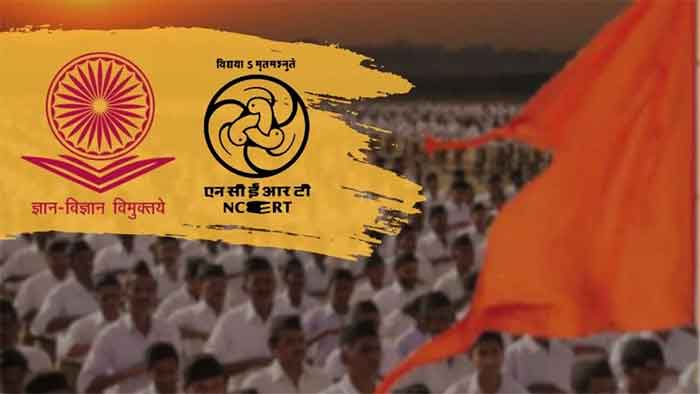by Ekitha Gangavath, Ayush Bajpai, Amit Singh and Sandeep Pandey
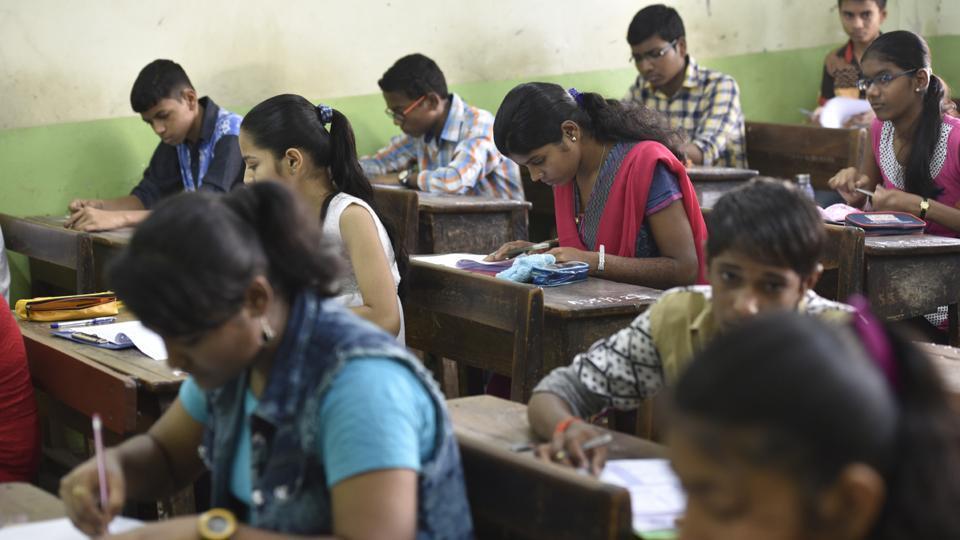
Unfortunately, this theme gets people’s attention only when some students commit suicides. As public memory is short things relapse to normal soon. The academic atmosphere becomes more competitive and then we have more suicides a few years down the line. Actually, number of students’ suicides is pretty large but media notices it when it happens in some elite institution like the IITs. Recent discussion on this topic is also provoked by a suicide of a Dalit student at IIT Mumbai. But it’ll not help if we do not think about education in its larger sense. Trying to deal with it in piecemeal or ad-hoc fashion will not solve the problem.
The purpose of education is to instil wisdom and the belief in truth and objective world, in human beings so that they can learn how to live in a manner such that they can achieve harmony among different levels at which they have to live – the personal, which itself comprises of both body and consciousness, the family, the society, the environment and any larger reality if it exists. The education should equip them with the knowledge, culture and truth created and discovered by historical wo(man)kind. It should reveal the class-caste-gender-nation-power character of society.
Needless to say that any human being who has figured out how to live at different levels in harmony will live happily. Anything which disturbs this harmony, for example, disease in body, estranged relationships, violence in society or damage to environment is failure of human intelligence in solving the problem of bringing various levels in harmony. Then the educated humans will strive to bring back the harmony among different levels. Many a times an individual cannot choose living in harmony however (s)he tries or desires. Interests of different individuals may be in conflict with each other. The alignment of interests is an exception rather than rule because of hierarchical and hegemonic structures in the world. Out of these accidental meeting of interests and harmony found therein lies necessary laws. The purpose of education, research and inquiry is to discover these laws and truths. The human beings who are seen doing this are described as wise, whether they have formal education or not it hardly matters. Hence anything which disturbs the harmony is not education. From this point of view quite a few academic programmes or the manner in which they are imparted will not qualify as education.
For example, any training in use of arms or science in the service of developing dangerous weapons cannot be called education as this training has the potential to create violence. All fundamentalist ideologies which provoke individuals to kill other human beings are not education. All research and development of technologies which enhance carbon emission are not education. Teaching how to make profit at the cost of human welfare is not education. Learning how to use carrot and stick policies to keep people divided in order to govern them is not education.
Similarly, competition is something which brings out the worst in human beings and therefore cannot be part of any education. Using cooperation to solve human problems, as we always tend to do in real life, will enhance the harmony among different levels that we mentioned earlier and therefore is necessarily part of education. It is inexplicable how competition has come to be such an integral part of education that today we cannot conceive of education with examinations. The purpose of examination is evaluation of learning, which can certainly be done in non-competitive ways. The process of education completes only when the learning has taken place. Until then the responsibility of neither the teacher nor the taught is fulfilled.
We have to work out a system of education so that every child is able to complete their education without facing the threat of expulsion. After all, we have the Right of Children to Free and Compulsory Education Act in place even though India never implemented the Common School System, which has been a tried and tested method around the world of achieving 99-100% literacy rates. No child should be out of school before they reach the Class XII stage. It is quite possible that different children depending on their socio-economic background as well as mental ability may have different pace of learning and therefore may take more or less than twelve years to complete their Class XII education. Now pre-school education has also become important.
After school education every child who wishes to pursue higher education in any field should have the choice to do so. Any competitive entrance examination should not prevent them from obtaining admission to a desired programme. Hence, if a young person wishes to learn engineering or medicine or law, they should get admission to some engineering, medicine or law institution close to their home. Of course, they should have the choice to learn at a far away or foreign educational institution if they wish to. Now this requires that as many seats in institutions of higher learning should be there as there are aspirants to be accommodated. Fortunately, the number of institutions offering seats in professional education is roughly equal to the number of aspirants in respective fields. Hence, there is really no need to hold any entrance examination for gatekeeping. The issue is the quality of a large majority of these institutions if we exclude the reputed ones like the IITs, AIIMSs and NLUs. This is not an intractable problem. If all the willing graduates from good quality professional institutions are employed as teachers in the ordinary colleges and universities it will have a twin desirable effect. The problem of unemployment will be addressed to some extent and more importantly the quality of all institutions will go up. Right now, since the emphasis of most private institutions is in making money, they compromise heavily on quality, sometimes not even hiring the required number or adequate quality of faculty members. Second, every student will get to study what they want to and cases of suicide, etc., provoked by intense competition will hopefully subside.
Now comes the question of those students who are not able to cope up with the programme they have chosen. First an effort should be made by the teachers to see whether any remedial measures can address the problem. However, if it is clear that the students don’t have an aptitude for the academic programme that they have chosen for whatever , they should be guided to move over to a more favourable programme for them. Dropping out of higher education should be the last option.
The entire process of education from Kinder Garten to Post Graduate should be free of examinations. Evaluations of different kind can take place to assess the performance. However, in no case should the result of an evaluation be the failure of a student. There should be no quantitative or relative grading. The outcome of an evaluation can be only two- either the student has learned or not. If the student has not learned then it should also be considered the failure of the teachers and the whole society. Either the same teacher or a different teacher should then try to impart learning to the student. The process of learning will be considered complete only when both the teacher and taught are satisfied that minimum level of learning has taken place. There is no need for any certificates (as there is no question of any marksheet or gradesheet) at any level of education except for when the student has completed the process. Only then the student should obtain a certificate indicating the subjects they have learned or mastered and their levels of achievement.
Do examinations have no role? The role of examinations is only when a limited number of people possessing a definite skill set are to be chosen for a particular task. Except for this there is really no need to conduct examinations which take up huge amount of resources or energy which should be better invested in learning process or expanding the scope of education to include more number of students.
Note: Ekitha Gangavath and Ayush Bajpai are students of law at NALSAR, Hyderabad, Amit Singh teaches at IIT Bombay and Sandeep Pandey is General Secretary, Socialist Party (India).
e-mail ids: [email protected], [email protected], [email protected], [email protected]


